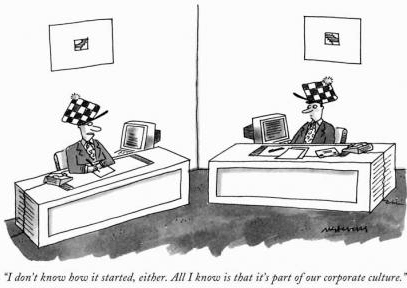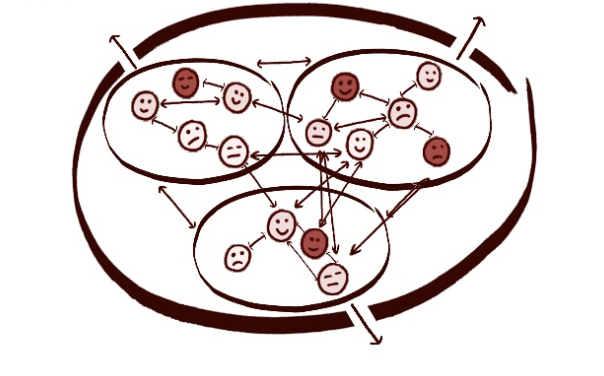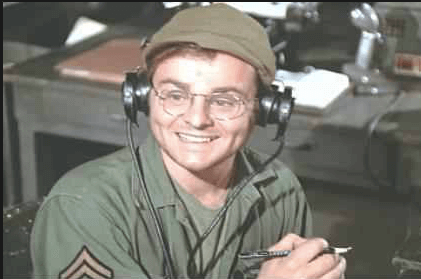To the best of your ability, describe our company and what you think makes it unique. Why do you want to work here? Where do you think the biggest challenges lie for this organization?
EP [37] – Organisational Awareness
How do you and the team your work for usually identify and deliver the work which is required by your customers?
The answer to this question should tell you whether or not a candidate works well with others, whether they inspire their teammates and if they deliver their work on time. A great candidate should have great external awareness and planning skills.
Additional Read: Tips for ensuring productivity with remote workers.
Talk us through a situation where you had to make a decision without the input of key players who would later judge you on that decision.
This is one of the better competency-based interview questions to see if a candidate can lead others with confidence, clarity, and passion.
You should seek out candidates that are proactive in finding solutions to problems and that can set goals, delegate when appropriate, anticipate and plan for change, and inspire others to improve their performance.
You should also look for answers that explain how the candidate can be effective at communicating the overall vision to the team, as well as be a sensitive listener.
Organizational Awareness: The Leader’s Sixth Sense
In our product management community, we rightly place a great deal of attention on the people who are going to use our products. We are constantly answering that seemingly basic (yet challenging) question: What problem are we trying to solve for customers? We test our ideas again and again. Ensuring the design, functionality and technology meets that crucial – often unspoken – user need.
Absolutely all of this is as it should be.

But sometimes, I think we forget that those building, designing and supporting these products are people too – all with different personalities, needs and wants – all with their own problems to solve.
Products are built for people by people. Teams of people. Companies of people.
And to become a leader at any level in this product world, we need to be able to maneuver the complex human networks and patterns of influence, values, emotions and power that make up our organization’s operating system.

Someone who has the ability to do this can make things happen; they get things done, but perhaps not in the most traditional sense. Instead of making one-dimensional decisions based on what the data, KPI or OKR says, they have the ability to integrate intuitive knowledge of how the organization thinks and feels into the decision at hand. It doesn’t matter their role or place in a hierarchy – they could be an executive, they could be a mid-level manager or entry level teammate. It’s not the title that matters.
It’s their ability to sense the unwritten tone, tide, and climate of an organization. Some call this mastering “social flow”, others call it “political awareness.” In this post, I’m going to explore it as an Emotional Intelligence competency called Organizational Awareness.
Someone with high Organizational Awareness can:
If you’re in the midst of a transformation or change program you also want people with high organizational awareness on your team. According to a University of Toronto’s Rotman School of Management study, the people who make the greatest contribution to change are those who can read and maneuver informal networks – a skill that isn’t necessarily correlated with position in a company’s hierarchy.
A favorite, albeit fictional, example of someone who embodies Organizational Awareness is Walter “Radar” O’Reilly from the TV show M*A*S*H. For those not familiar with the show, Radar was a young corporal and clerk for the M*A*S*H hospital. Typically, someone in that role would be the low person on the totem pole, simply doing what they were told.

Radar was different. He had an amazing ability to get things done; to maneuver the human networks of the military to get supplies, Jeeps, passes, medicines – you name it. He knew how to work the unwritten, unmapped human system to get the unit whatever it needed. He sensed a problem and had a solution before anyone else in the camp even had a clue it existed (thus the name “Radar”). He was a perfect example of how Goleman describes Organizational Awareness:
As with any Emotional Intelligence competency, you can build Organizational Awareness with practice and commitment. Here are a few ways to get going:
In your answer, you need to show not only that you are capable of coming up with good ideas, but also that you can persuade other people to give you a chance to put them into action. Describe your most unique idea and initiative that gave the best results for the company. Make sure you highlight your creativity, your results, your diligence and your ability to execute.
FAQ
What is meant by organizational awareness?
- Make more informed decisions based on tangible and intangible data. …
- Develop a clear strategy to getting things done because they know the internal (and external) landscapes. …
- Communicate in a way that resonates. …
- Build a coalition to get things done.
How do you answer organizational skills interview question?
What should I write in organizational awareness in appraisal?
- Describe what works for you. Before answering, think about the many tools you use to keep yourself organized at work. …
- Explain your time management strategies. …
- Demonstrate your level of organization. …
- Give past examples. …
- Be honest.
